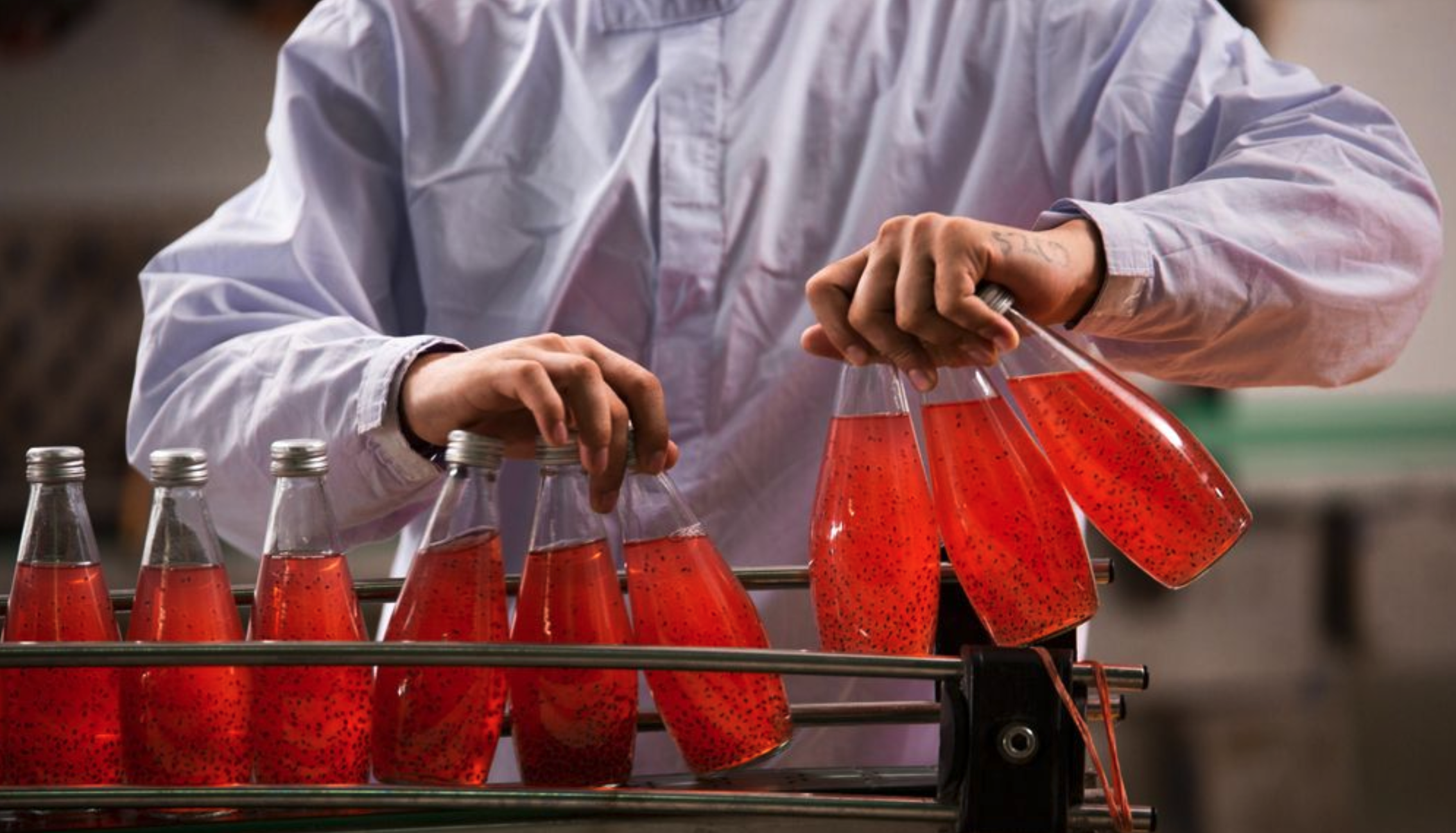Mild processing methods, such as dry separation and fractionation processes or mild preservation technologies, can significantly reduce energy consumption and water usage while offering the potential to improve ingredient functionality, bioavailability, and digestion. Understanding the impact of these mild processing techniques on metabolic and sensory responses could enable customization of ingredients and food products for specific applications, rather than general use.
In this project, we will compare the impact of conventional versus mild processing on various aspects including food matrix, macronutrient digestion, metabolic responses, and nutrient bioavailability using established digestion models and human trials. In addition, comparisons of products prepared from animal- versus plant-derived ingredients and refined versus less refined ingredients (proteins and carbohydrates) will be included.
To gain insights into metabolic and sensory responses to food ingredients and products produced by conventional versus mild food processing techniques. Enabling development of healthier and more sustainable approaches to food processing with positive implications for both human health and the environment.

Partners
Danone, Ferrero, Samyang, Wageningen University & Research Centre: -Food & Biobased Research, -Sensory Science and Eating Behaviour, -Food Quality Design, -Food Process Engineering.
Project leader/contact person
Prof. dr Ciarán Forde (WUR), ciaran.forde@wur.nl
Time period
2023-2025
Total budget
1.8 M euro
# PhD
3